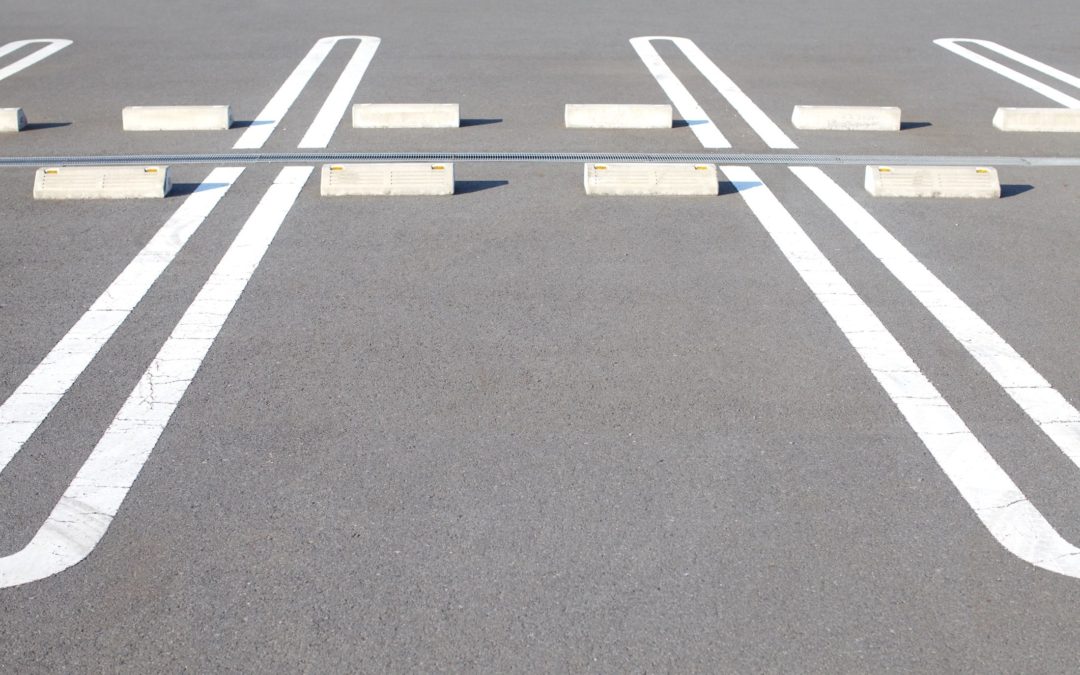
by Carl Kukkonen | May 2, 2017 | Prior Art Issues
By Amanda Leckman and Carl Kukkonen In connection with a dispute over parking meters, the PTAB, on March 27, 2017, issued a decision in IPR2016-00067 that Duncan Parking Technologies, Inc. (DPT) had not met its burden of showing, by a preponderance of evidence, that...

by Cary Miller | Mar 24, 2017 | Pharmaceutical, Prior Art Issues
By Jeff Giering, Ph.D. and Cary Miller, Ph.D. On March 6, 2017, the PTAB issued a pair of final written decisions upholding the patentability of U.S. Patent Nos. 7,932,268 (IPR2015-01836) and 8,618,135 (IPR2015-01835), in challenges filed by the Coalition for...

by Matthew Johnson | Feb 1, 2017 | Final Written Decisions, Prior Art Issues
By Matt Johnson While touted by the Federal circuit as “a powerful tool for courts faced with the difficult task of avoiding subconscious reliance on hindsight,” objective indicia of non-obviousness have, to date at the PTAB, been little more than a secondary...

by Carl Kukkonen | Jan 16, 2017 | Prior Art Issues, PTAB Trial Basics
By Kevin Clark and Carl Kukkonen The Patent Trial and Appeal Board (“Board”) recently reviewed the threshold necessary to institute a request for inter partes review (IPR) under 35 U.S.C. § 102. Munchkin, Inc. v. Int’l Refills Co., Ltd., IPR2016-01154 (December 12,...

by Matthew Johnson | Dec 30, 2016 | Prior Art Issues
By Matt Johnson On December 20th, the PTAB found inventor Seymour Levine’s attempt to rescue certain claims of his patent via a swear-behind declaration unsuccessful. Boeing Company v. Seymour Levine, IPR2015-01341, Final Written Decision (Dec. 20, 2016). Mr....

by Jones Day's PTAB Team | Dec 26, 2016 | Pharmaceutical, Prior Art Issues
By Jeff Giering, Ph.D. and Cary Miller, Ph.D. On November 30, 2016, the PTAB issued decisions on the institution of inter partes reviews of U.S. Patent No. 6,667,061 (the ’061 patent), which relates to formulations for injectable suspensions having increased...







